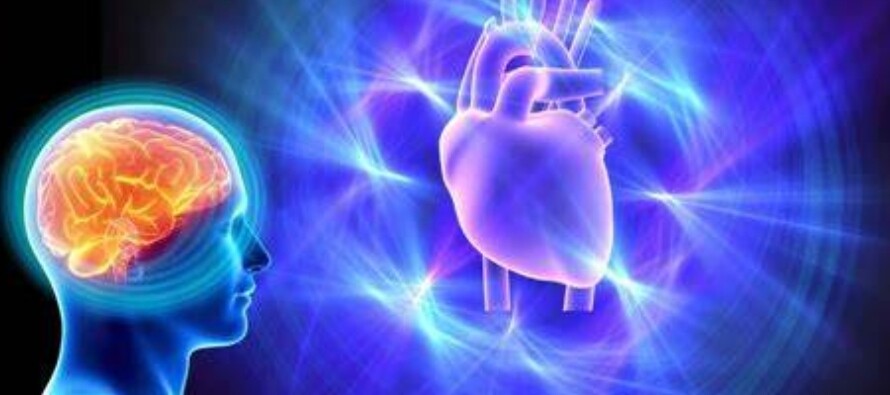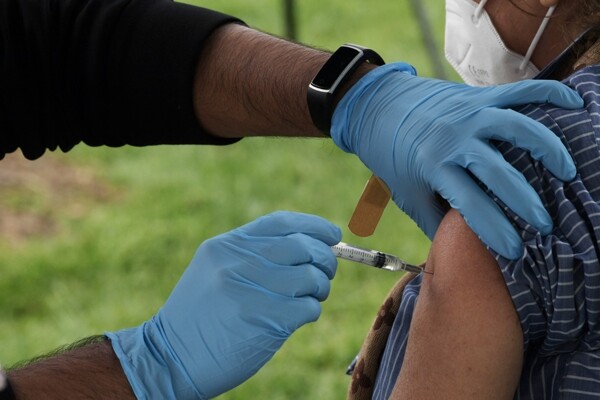
Scientists at Mount Sinai Hospital in New York have discovered that the heart sends signals to the brain after experiencing a heart attack to trigger a greater desire to sleep, thus accelerating the recovery process. This communication between the heart and the brain through the immune system promotes sleep and recovery after a severe cardiovascular event.
The study, published in the journal Nature, highlights the importance of increasing sleep after a myocardial infarction. The researchers observed that slow-wave sleep tripled in mice after a heart attack, which contributed to the reduction of inflammation and the healing process.
It was found that after a heart attack, monocytes, immune cells, recruited a protein called "tumor necrosis factor" to activate neurons in a region of the brain called the thalamus, leading to an increase in sleep. This process began a few hours after the heart attack and did not occur in mice that had not experienced a heart attack.
Disruption of sleep in mice with heart attacks caused an increase in sympathetic stress responses of the heart and inflammation, slowing recovery compared to mice that slept uninterrupted. The researchers also studied the brains of patients after a heart attack and found an increase in monocytes, reflecting what was observed in the mice.
More than 80 patients with heart attacks participated in the study on sleep quality after the cardiovascular event. Patients with poor sleep had double the risk of experiencing another cardiovascular event compared to those who slept well, in addition to experiencing less improvement in cardiac function. This finding underscores the importance of ensuring good rest in the recovery process from a heart attack.














